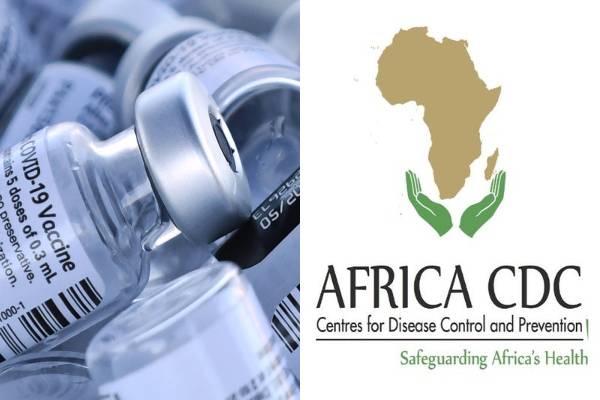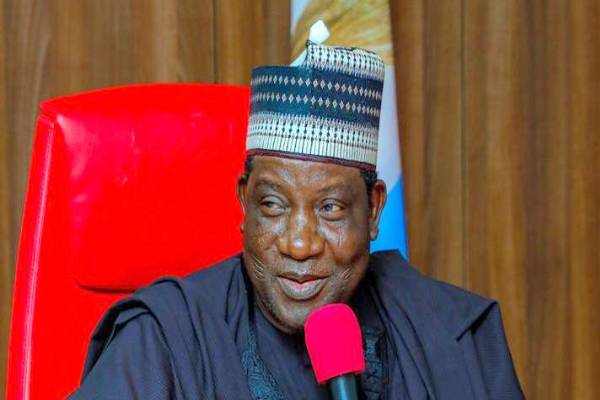The Africa Centers for Disease Control announced Thursday that at least 2.8 million doses of COVID-19 vaccinations donated to African countries have expired, citing short shelf lives as the main reason.
In an online conference, Africa CDC Director John Nkengasong argued that vaccine donors should send vaccines to Africa with a realistic shelf life of “three to six months” before expiration. More African countries, he claims, are refusing to accept vaccination gifts that are only good for one or two months.
He estimates that little over 10% of Africa’s 1.3 billion inhabitants are fully immunized.
COVID-19 cases have been confirmed in 10.4 million people throughout 54 African countries, with 235,000 deaths.
According to the World Health Organization’s Africa office, the continent’s omicron wave appears to be subsiding, with new confirmed cases down 20% from the previous week and deaths down 8%.
More than 60% of the 572 million vaccine doses sent to African countries have already been administered. “Logistics and getting doses to the populace even as additional supplies arrive” will be the “main fight” for African countries, Nkengasong said.
In Nigeria, for example, a growing number of vaccination sites are being set up in public places like markets and parking lots, and health officials are collaborating with opinion leaders to battle fear.
Vaccines are Africa´s “best defense” against severe illness, death and overwhelmed health systems, Matshidiso Moeti, the WHO Africa director said at another online briefing Thursday.
“Africa must not only broaden vaccinations but also gain increased and equitable access to critical COVID-19 therapeutics to save lives and effectively combat this pandemic,” Moeti said. “The deep inequity that left Africa at the back of the queue for vaccines must not be repeated with life-saving treatments.”
In 2022, more testing is needed to fight the pandemic, said Harley Feldbaum of the Global Fund.
“We need to bring testing and treatment together in a much more rapid fashion,” said Feldbaum. “As long as we allow the pandemic to continue and to have inequitable access to tools, vaccines, diagnostics and therapeutics, new variants are likely to rise, more people are likely to die than are needed to and the health systems overall are more likely to be undermined.”





